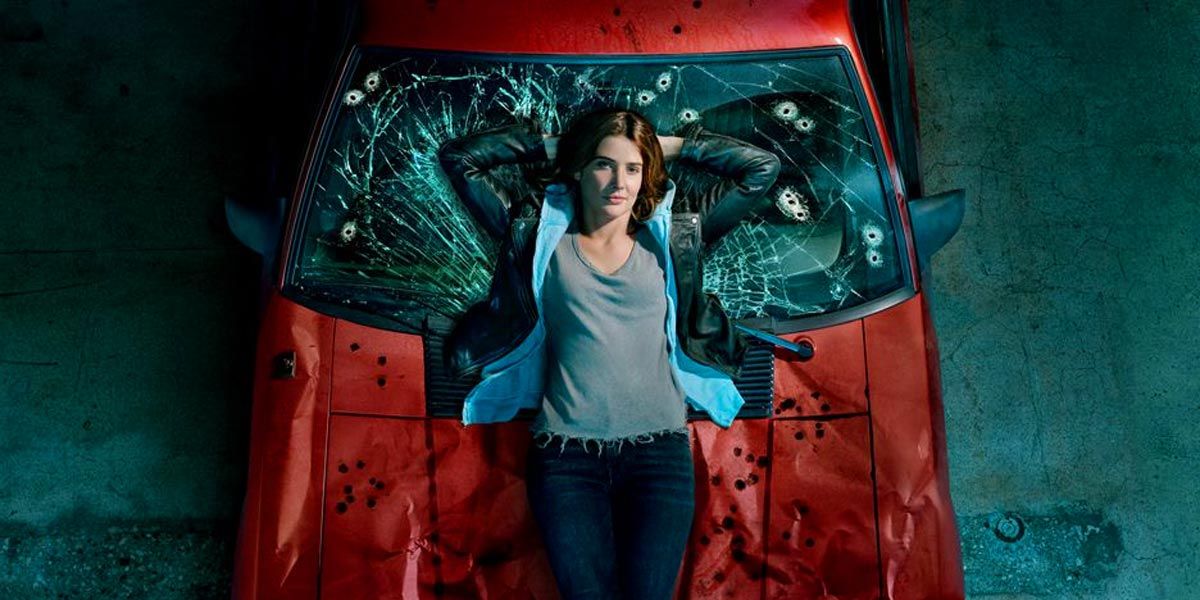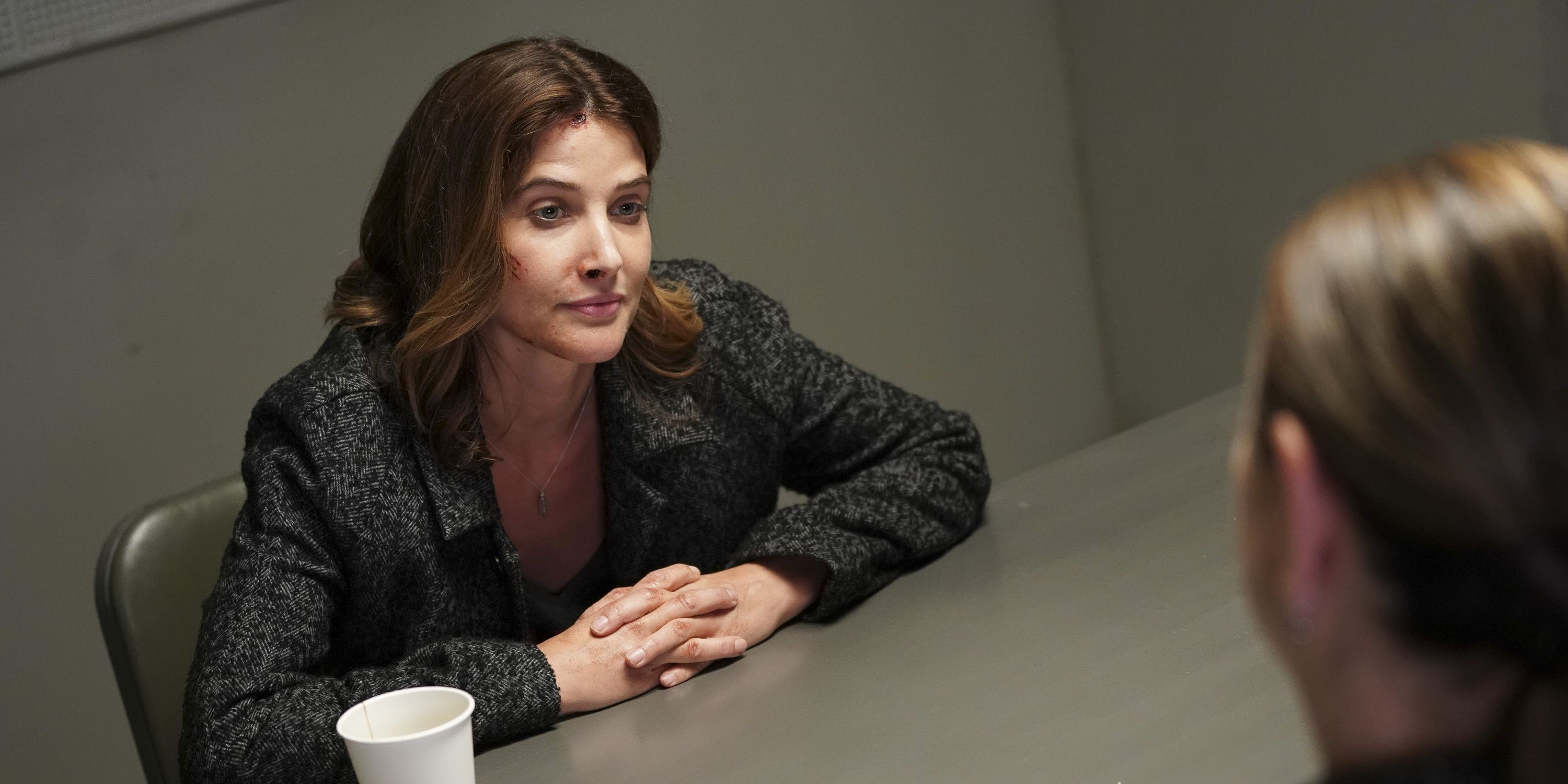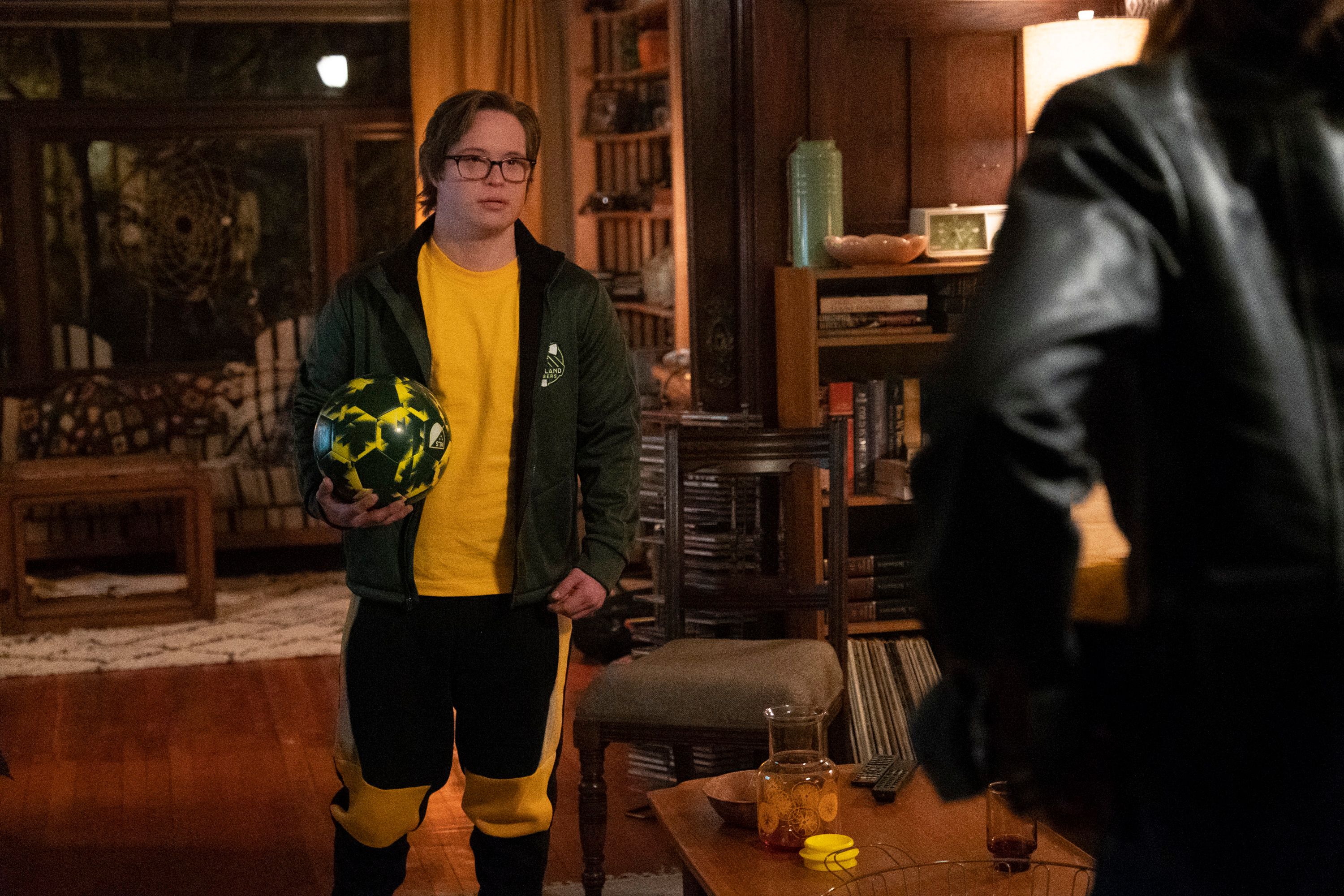The importance of diversity in film and television has become one of the most hotly debated topics in the industry. While there is a clear demand for more stories from new perspectives and more characters that provide representations for minority groups, doing so can be tricky because it can also lead to public outcry. The issue falls on whether the diversity is seen as an internal or external story choice. Too often, projects attempt to widen their diversity by just changing the gender or race of an already established character. This leads to an outcry by fans who are worried that the original characters are not being presented correctly and are being changed for no real reason. That said, even stories that are already based on diverse properties, such as Captain Marvel and Batwoman, can lead to outcry if it looks like the message of their diversity overwhelms the story itself. Whether the outcry over supposed "forced diversity" is justified or not, it cannot be denied that it exists and is a real problem when trying to make stories more diverse.
Luckily, there is already a perfect example of a series that understands how to present its diversity as the internal result of its fictional setting and not as the external decisions of a studio marketing department. The first season of ABC’s Stumptown premiered to rave reviews and quickly amassed a wide public following while boasting a truly diverse cast and a unique perspective. Stumptown stars Colbie Smulders as Dex Parios, an ex-marine who suffers from PTSD and a gambling addiction, who tries to turn her life around by becoming a private investigator. Throughout her journey, Dex interacts with a diverse cast of characters including a Black detective and love interest played by Michael Ealy, a brother with down syndrome played by Cole Sibus, a Latino friend played by Adrian Martinez, and the Indigenous owner of a casino played by Tantoo Cardinal.
Despite the clearly diverse cast and the rarely seen perspective of a woman who suffers from a mental disorder, the marketing of Stumptown chose to downplay these elements to instead focus on the humor, grit, and story of the show. As a result, people who were interested in the trailers came in without the expectation that diversity would be forced down their throat and took in said diversity as natural components of the story. Dex was never pushed as a pinnacle of “girl power” or as a Mary Sue, in fact, she was portrayed as incredibly flawed. When the background for those flaws is presented -- her time in combat -- it feels like a natural and essential part of the character. The people that Dex interacts with happen to be diverse, they were not created to be so, meaning their presence also feels more natural. Since the diversity was never overly marketed, it is not really able to be claimed as the kind of project of “forced diversity” that drives so many people crazy.
That said, saying that Stumptown's practiced quiet diversity does not mean that it does not care about presenting good representations or being respectful about what makes characters diverse. In fact, Stumptown is able to provide better representations of those groups and be more respectful. By allowing the presence of diversity to be seen as almost an afterthought, Stumptown presents characters who happen to be diverse, not characters who are defined by their diversity. The characters are not burdened with being ambassadors nor is their diversity constantly being highlighted and discussed. As mentioned, Dex is allowed to be as foul and flawed as any of the men that have filled roles similar to hers in the past. She gets into dirty fights, sleeps around (with multiple genders), gambles, and makes mistakes often. Similarly, her brother, who suffers from down syndrome, and her contractor, who is closely related to an Indigenous tribe, both belong to groups that are often defined by stereotypes in popular media but are portrayed as fully formed characters in this show. By refusing to highlight the spectacle of its diversity, the presence of the characters and the actions that they perform are presented as completely normal and regular.
RELATED: The Dragon Prince Is the Most Diverse Fantasy Series on TV
Of course, for every piece of content, there will always be those who feel outraged at its existence. While Stumptown avoided being called out for “forced diversity” on the same level as similar projects in recent years, it is not without its haters. The loudest voice against the project came from actor Mark Webber, who was once attached to the project before being let go in what he called a “degrading recasting." Webber gave the show a scathing criticism, saying it was an example of “contrived ‘diverse’ female-empowerment shows [created] by stale white men for the sole purpose of making them money and giving them more power.” He does address one possible source of insincerity in the diversity of the show, as the creator is esteemed graphic novelist Greg Rucka, who is a straight white male. However, the general reception of the show praised the nuanced and respectful presentations of the diverse characters, especially as Stumptown is one of the few shows to highlight an Indigenous woman. The cast has also echoed the importance of diversity to convey the rich world that Dex lives in and believes that the show would not be the same without it.
Stumptown serves as a premier example of how diversity should be utilized in film and television. In a world where it is becoming more and more in-demand to be diverse, projects must resist using their diversity as a marketing tactic. The best way to be respectful toward different groups and advocate for an understanding of different perspectives is to treat what makes them diverse, whether it be their race, gender, or sexuality, as something completely normal and non-threatening. By normalizing the differences between us in film and television, it becomes easier to understand and overcome the differences between us in reality.



